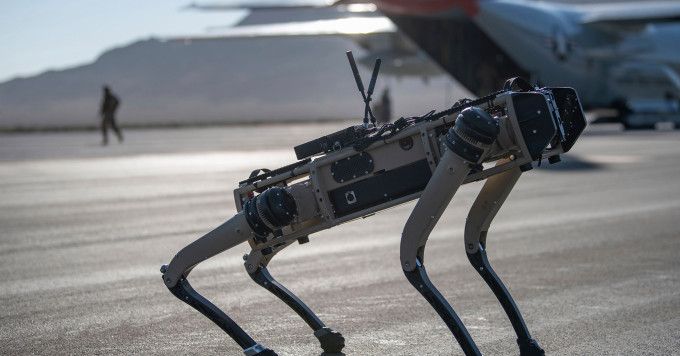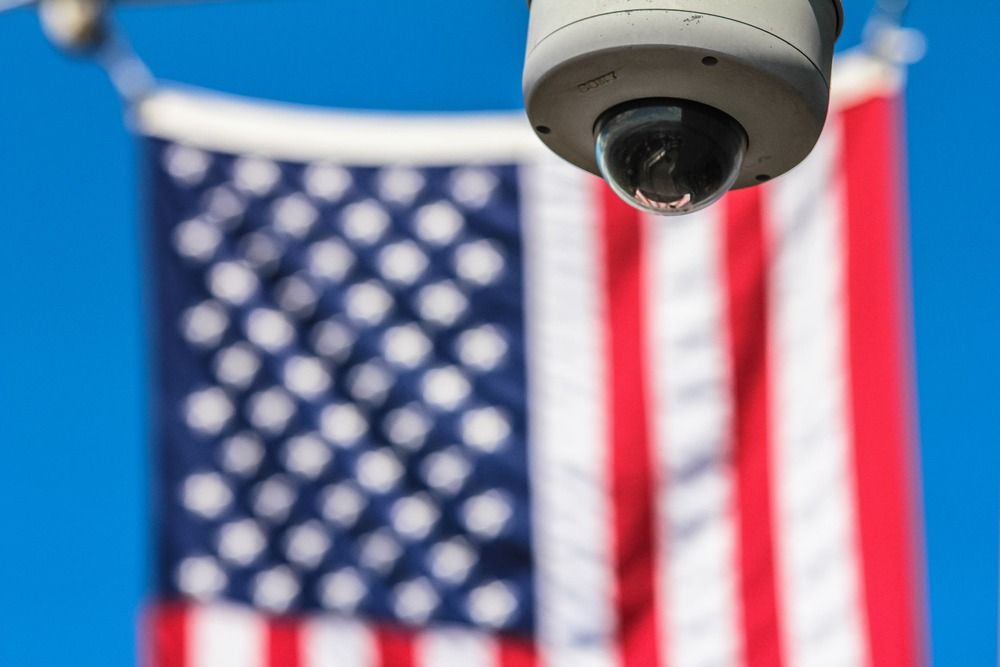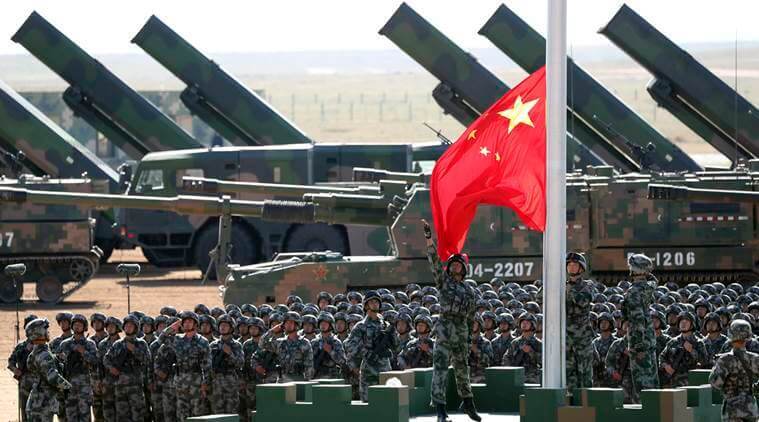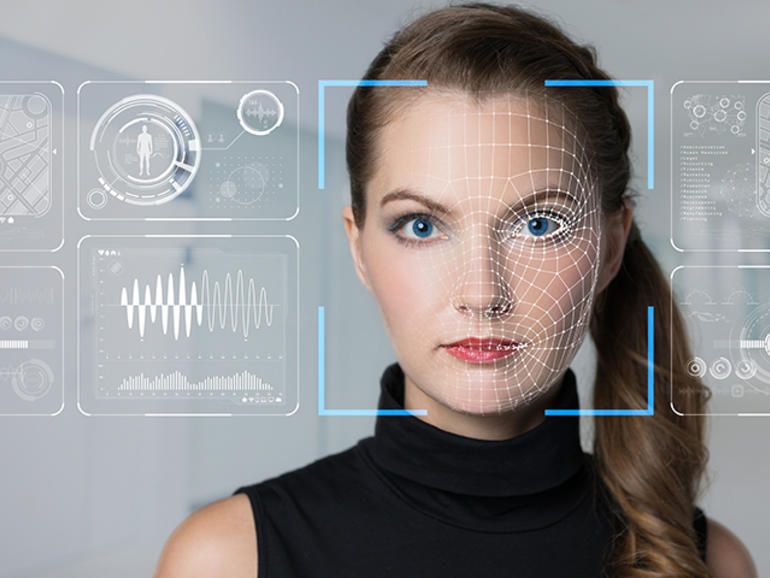AI designed to be aware of it’s own competence.
Ira Pastor, ideaXme life sciences ambassador interviews Dr. Jiangying Zhou, DARPA program manager in the Defense Sciences Office, USA.
Ira Pastor comments:
On this episode of ideaXme, we meet once more with the U.S. Defense Advanced Research Projects Agency (DARPA), but unlike the past few shows where we been spent time with thought leaders from the Biologic Technology Office (BTO), today we’re going to be focused on the Defense Sciences Office (DSO) which identifies and pursues high-risk, high-payoff research initiatives across a broad spectrum of science and engineering disciplines and transforms them into important, new game-changing technologies for U.S. national security. Current DSO themes include frontiers in math, computation and design, limits of sensing and sensors, complex social systems, and anticipating surprise.
Dr. Jiangying Zhou became a DARPA program manager in the Defense Sciences Office in November 2018, having served as a program manager in the Strategic Technology Office (STO) since January 2018. Her areas of research include machine learning, artificial intelligence, data analytics, and intelligence, surveillance and reconnaissance (ISR) exploitation technologies.







